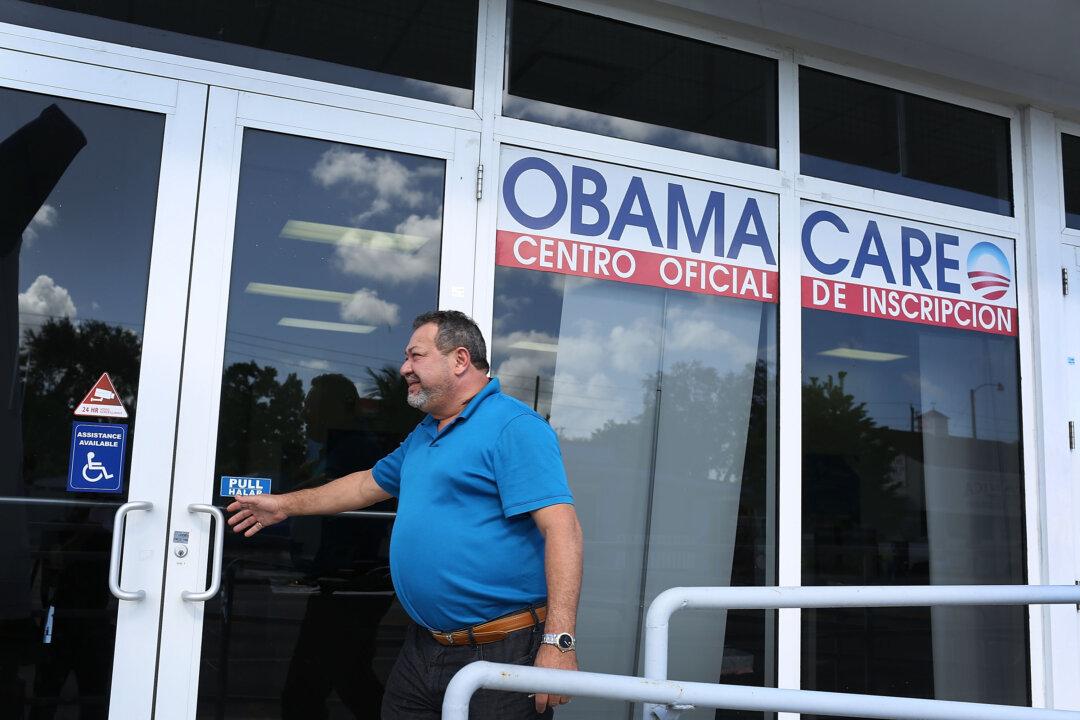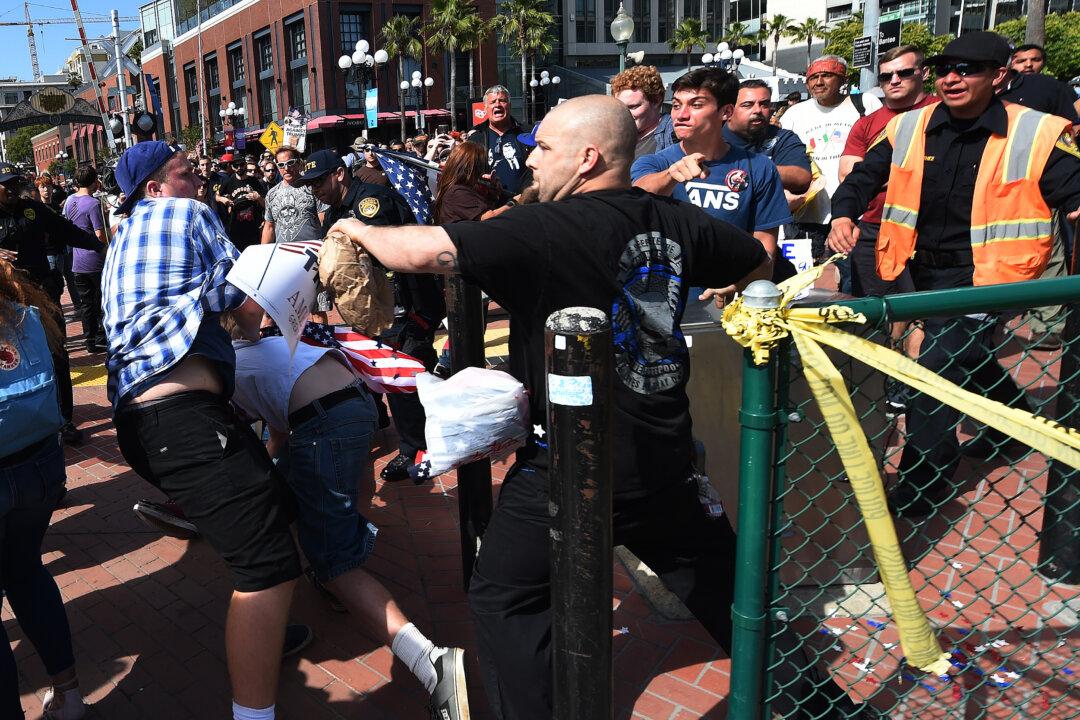Mexican soccer star, Alan Pulido, managed to fight off his kidnappers and free himself after being held captive for about 24 hours.
Pulido, 25, was abducted by three men on May 28 when he was leaving a party in Tamaulipas, Mexico, with his girlfriend. His partner was unharmed and was not taken.
An official summary report shows Pulido made three calls to an emergency operator. Pulido said he was left alone with one of the captors and decided to take action.
The forward for Olympiakos in the Greek league wrestled away the kidnapper’s .50 calibre gun and shot him with it. Pulido then took the kidnapper’s cellphone and dialed for help, according to Mexico’s Proceso.com.
Pulido, who is 5-foot-9 and 150 pounds, was the main actor in his own escape, dismissing previous accounts of a police rescue.
During one of the emergency calls, Pulido is heard threatening and beating his captor while on the phone, demanding the kidnapper to tell him where they were.





